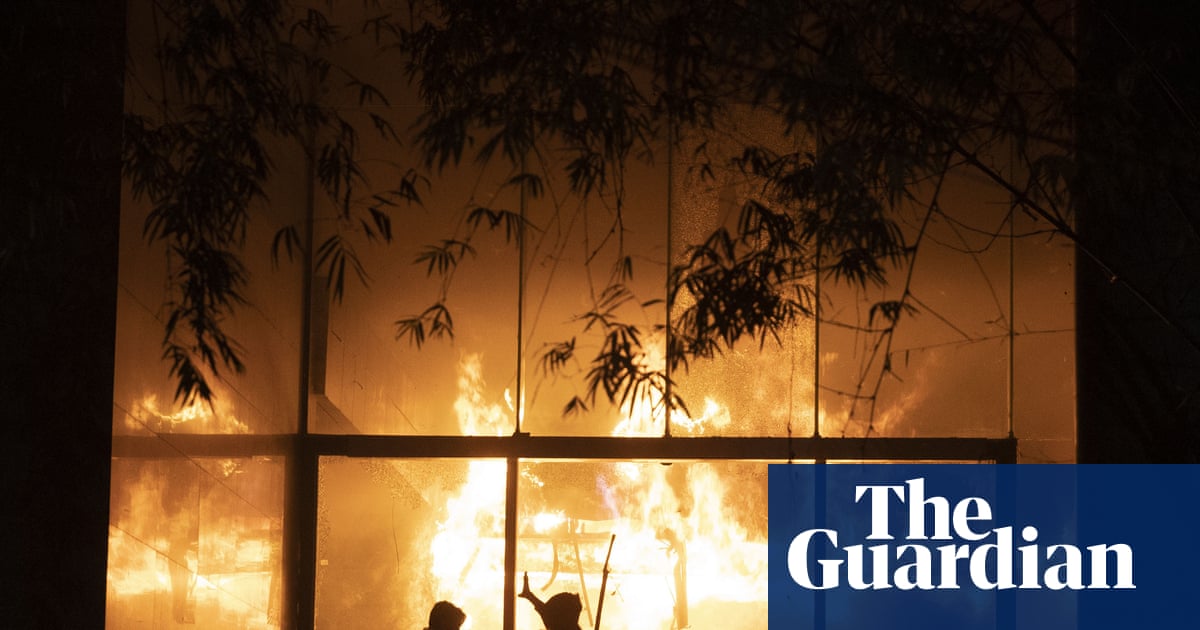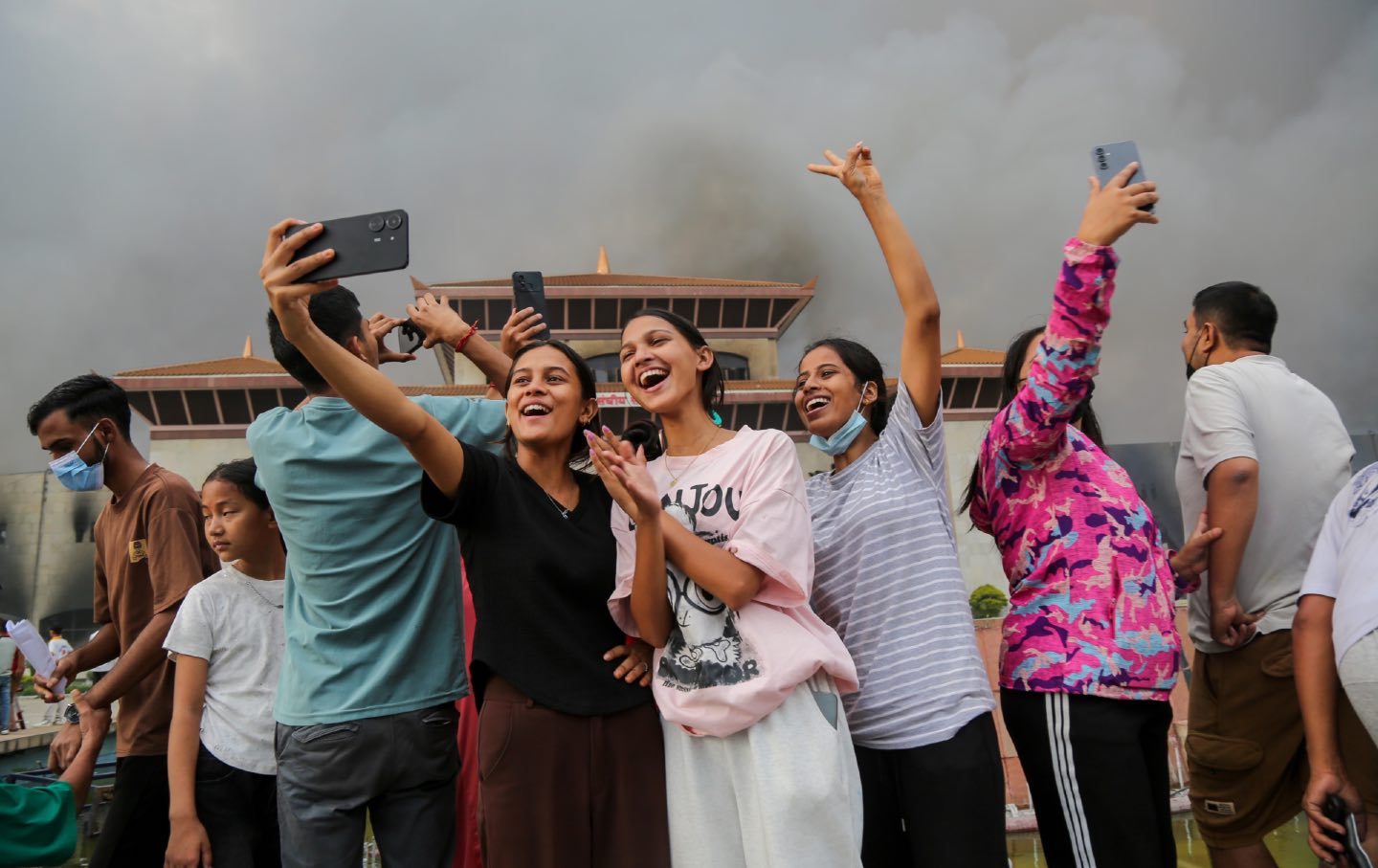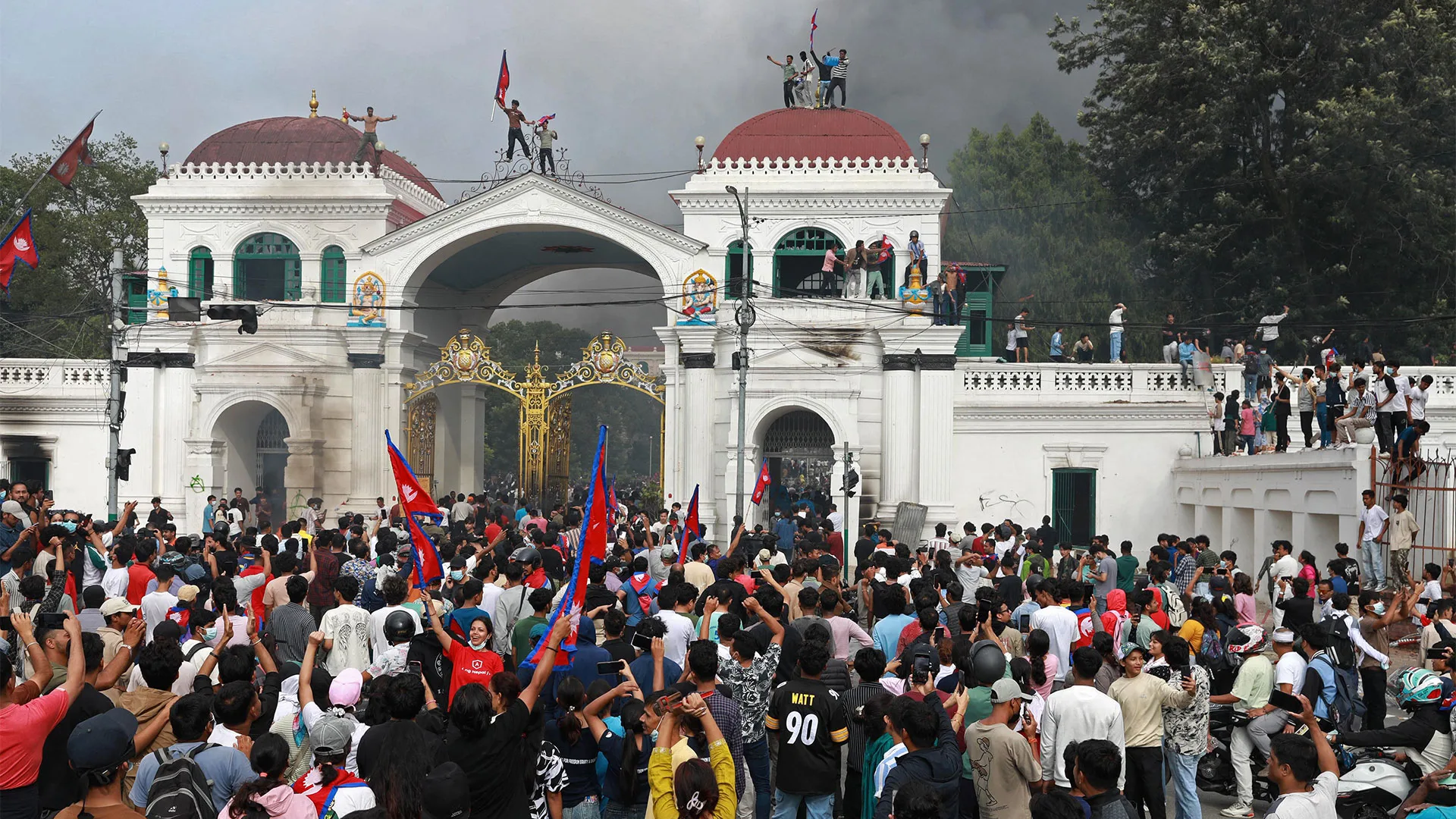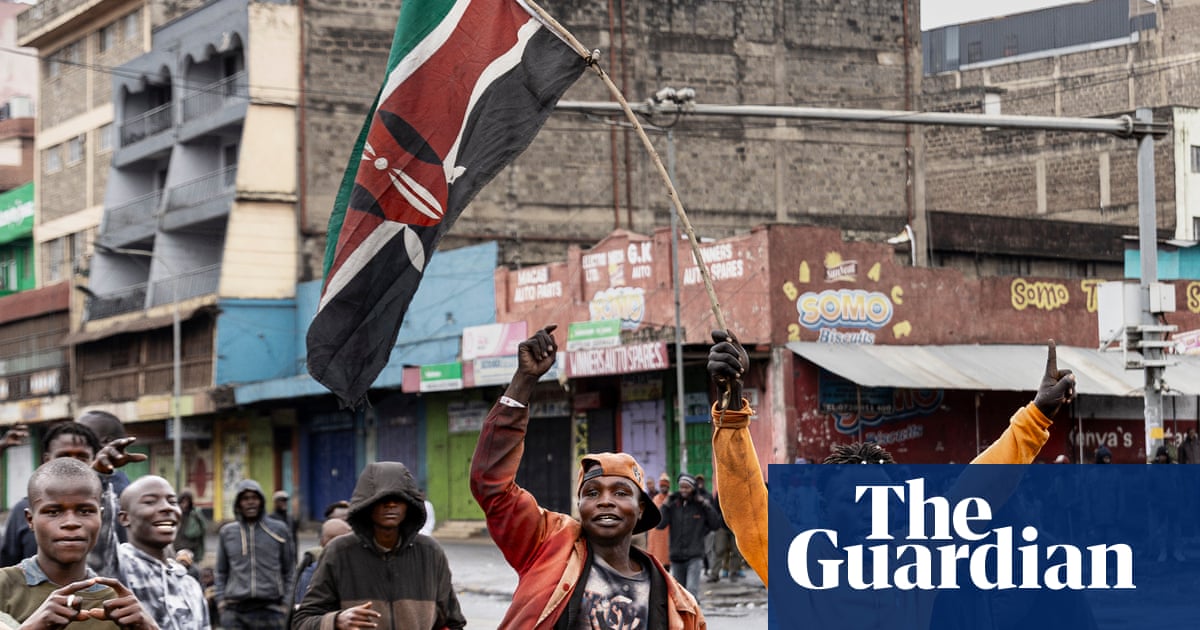fromDodgers Nation
2 weeks agoDodgers Reliever, Top Prospect Left in Uncertain Situation With Venezuelan Winter League Suspended
"We've been in contact with our guys and are trying to assist in any way we can obviously," Gomes told Bill Plunkett of the Orange County Register. "I don't really care about the baseball side of it right now. I just want to make sure our guys are in a good place, and we're trying to help out where we can. "Everybody is in a good place right now seemingly. It's a little slower than anybody would like. Our goal is to stay in contact with them and do whatever we can to help them get out as soon as we can."
Major League Baseball




























